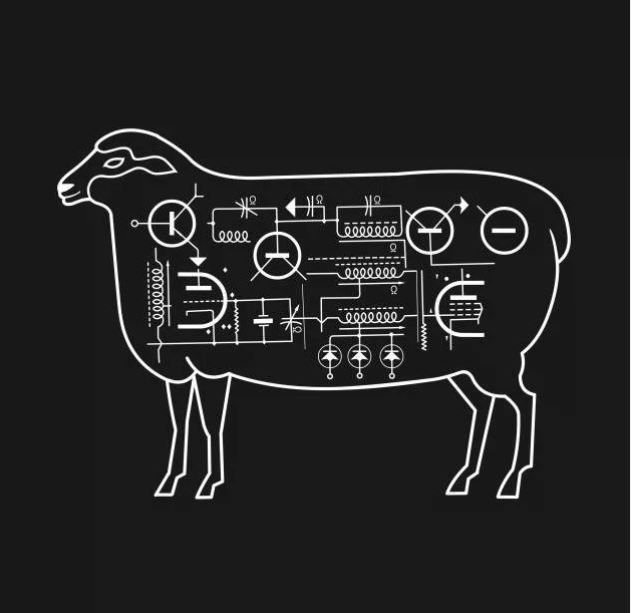Do Replicants Dream Of Human Or Other Replicant?
Jun 24, 2019 • 5 views
Cyberpunk is defined as a subgenre of Science Fiction, it focuses mainly on the lives of humans where technology is not only being used to assist humans but has become such an important part of humans that it can also be compared to a prosthesis, an artificial support in lieu of a physical organ. The change in society due to advancement in science and technology and its impact on culture and human behaviour. It doesn’t describe a utopian future but a more plausible future which could be predicted keeping in view the drug culture and sexual revolution of the current society. It is often described by low life and high technological advancement.
Blade runner is one of the early films that has captured the essence of Cyberpunk. It is loosely based on Philip K. Dick's novel ‘Do Androids Dream of Electric Sheep?’

The film is set 2019 Los Angeles, it is not the same Los Angeles that comes to our mind, but a darker and unambiguously dystopian future where Humans and Replicants ‒synthetic human‒live together. The film has many themes, in this article the theme of ‘what makes us human?’ shall be given special attention. The ending of the movie closes on a very vague note and it is left for us to decide what constitutes a human? Is it the consciousness or is it something more?
The movie confuses us to the point that we are compelled to realise that there is nothing special on being a human, we are just a bundle of cells that has evolved to the point that we are aware of our existence.
SPOILERS
The end of the movie is the one of the most bizarre endings in the cinema’s history. A little context before, Rick Deckard , who is the protagonist in the film is a blade runner, which means he eliminates replicant which are desired or ordered to be eliminated by the authorities on top. The movie concludes by taking the character of Rick Deckard as a symbol, which refers to us -humans- in general and creating a situation where it is reviled that the Deckard is a replicant and he is unaware about it because false memories were implanted in him, which gave him the assurance that he had a real childhood like other people.
The movie compels us to think about the things that makes us unique and then shatters that by making us question, is anything ‒when we can’t even rely on our memories‒real? It plummets down the veneer that is forged and makes us question our reality when the very memory on which this reality is based, turn out to be a manufactured facade hiding nothing.
